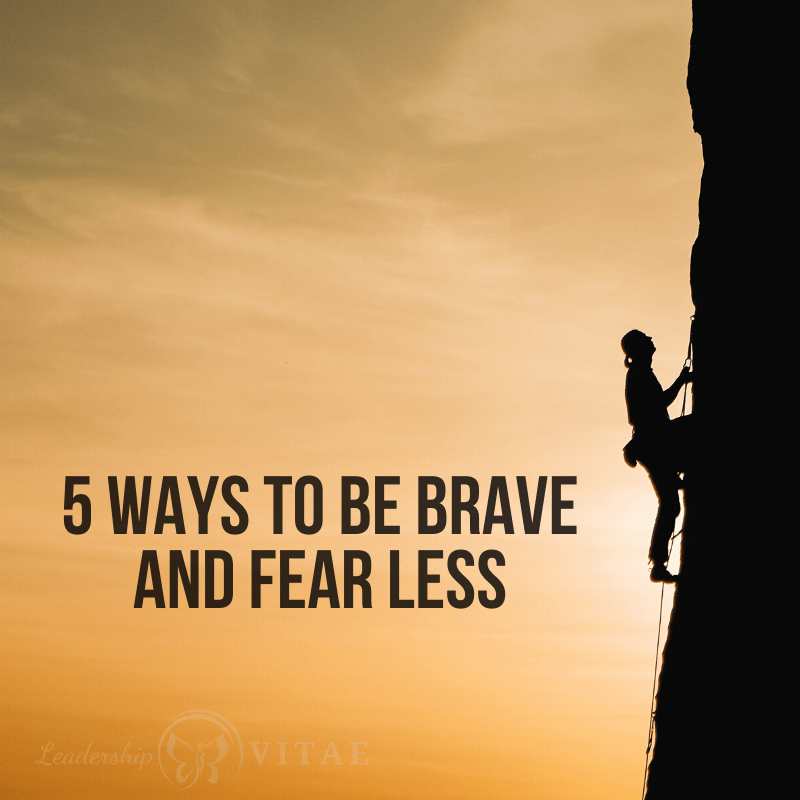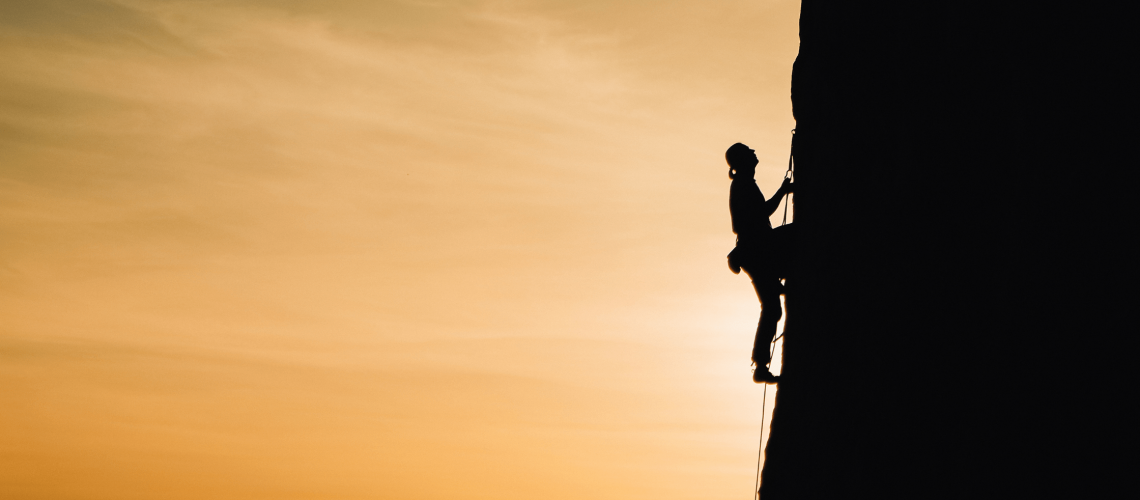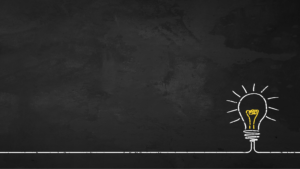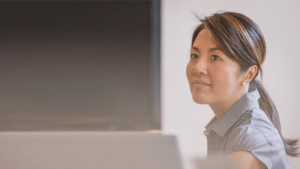
I’m not sure when I became so afraid. I was a pretty brave and fearless kid. Went into adulthood with a ferocity that might have frightened others, but with a hunger and drive that fear could not diminish. Or so I thought.
Somewhere along the way, fear made its way in. Not from actual danger, but in the most the insidious way…False Evidence Appearing Real.
Things that may seem true and scary, but when put to the light of day, don’t have much merit.
Lately, it feels like the fear is getting worse. Some of it is likely because we’re in an election year. It seems as though fear-mongering goes up during endless speeches and stumping. Fear that pushes us towards whatever agenda is designed to alleviate that fear. Or take advantage of it.
Constant fear doesn’t feel useful or healthy, however, and I’ve started to take notice each time it raises it’s ugly head. Particularly in what should be benign or beneficial circumstances.
Fear of helping others
The fear that stood out to me recently, and really made me take notice, was tied to something I’m passionate about. Helping kids.
I’m an adoptive single mom. The universe knew better than I did how to make me a mom to the two children I envisioned. I have one wonderful and amazing son that’s mine, and a former foreign exchange student who’s like my “second kid” and a big brother to my son.
As fulfilling as the two boys are in my life, I’ve considered if my love and resources could benefit other kids.
When I hear about children aging out of the foster system, with no support, it breaks my heart. I’ve been considering whether to become a foster mom to young adults, particularly college kids who could benefit from somewhere to go for the holidays and support in finding and navigating their first jobs.
I was reading about college kids who have aged out of the system and were turned away from campuses when COVID hit. Kids with nowhere to go.
First, I donated. Then I looked at the opportunity to volunteer housing for local kids. It seemed like a perfect opportunity. I have space, my son is gone for most of the summer, and I could help several kids through the COVID crisis.
Suddenly, fear snuck in. “What if…” thoughts started running through my mind. None of them pleasant.
It was so unexpected, I had to step back and figure out what was going on.
Examining the fear response
How is it possible that something I want to do, have been thinking about for a long time and aligns to my values, suddenly trigged a fear response?
I started asking myself what I was really afraid of. Whether there was any true reason to be afraid. Evaluating every image going through my head and wondering where it came from.
The result is beginning to ask myself who benefits from my fear. Looking at data to find out whether that fear is justified or just rhetoric designed to keep me living small. Keep me from living my purpose.
I avoid the news as much as possible, but it’s impossible not to hear it. Especially in an election year. If I resist engaging and just look for the patterns, I find that the news and politicians feed us fear. Ever hear the expression “if it bleeds, it leads”? Yep, the earliest form of click bait was headline news.
Psychologically the threat response is greater than the reward response. The fear of something bad has more weight in our brains than the reward of something positive due to our innate fight or flight response. We are programed to look for the negative and must see many more positives before we will trust a situation is safe.
When we are told that we should be afraid of something, we respond to the suggestion of that fear, even if it’s unfounded. We need a lot more positive inputs to combat and balance the fear.
What does that mean in the current environment? How many positive things are we seeing, compared to the negative?
If we need many more positive examples to balance every one negative, we are building a deeper hole of negativity and fear every day.
Moving from fearful to fear less
What can we do about it? How can we prevent ourselves from ending up in a pit of fear?
Since the news, politicians – and even our internal thought patterns designed to keep us safe – are constantly feeding us fear, we have to go out of our way to find ways to balance it.
- Face it. Rather than just react to the fear response, step back and face it. Consider the bad thing that could happen. Naming a fear doesn’t give it power, it gives us power[1].
- Look at data. Don’t just listen to the news bite. Look for real data tied to whatever it is you’re afraid of. Ask yourself the likelihood something will happen. Any story or data can be exaggerated, so look beyond a single data point to performance over time.
- Limit or disrupt the news and social media. If the news and social media is full of fear mongering, change it up. Certainly limit the input of bad news, but add accounts and articles that feed good news. For example, accounts like the Happiness Project on Facebook and Instagram or John Krasinski’s Some Good News on YouTube.
- Challenge yourself to step back and put the fear in perspective. Instead of the gut reaction that has been shaped by our experiences in systems that are inherently biased, consider what you really think and feel apart from the grooming you’ve been subjected to (recognizing that fear mongering is a form of gaslighting).
- Ask yourself who is benefitting from your fear. Fear-based sound bites and headlines are generating revenue for someone. Consider whether you want to keep being afraid and lining their pockets, or choosing your own reality.
Move past fear to bravery
We are conditioned to look for threats and protect ourselves. Yet the reality is we no longer have to worry about sabertooth tigers coming out of nowhere to eat us.
Our natural threat response can be useful, but in such a small percentage of our daily lives that it doesn’t make sense to let us rule us. If fear is an illusion we give power to[2], we have a choice in whether or not we feed it.
Being brave is not always facing down a fear. Sometimes being brave means telling our fear response to sit down and shut up. Bravery is halting the grooming and gaslighting and deciding our own reality.
* * *
There are many resources out there to help us face and conquer our fears. One such resource can be found at Fingerprint for Success, with tips on how to live a more courageous life.
How do you face and address your fears so they don’t overwhelm or redirect you? I’d love to hear your thoughts and suggestions in the comments on how to be brave and fear less, or check out any favorite articles or podcasts you might share.
[1] Loose quote from Brené Brown’s Unlocking Us FFT’s podcast.
[2] Variation on an excerpt from Dr Ibram X. Kendi’s “How to be an anti racist”








